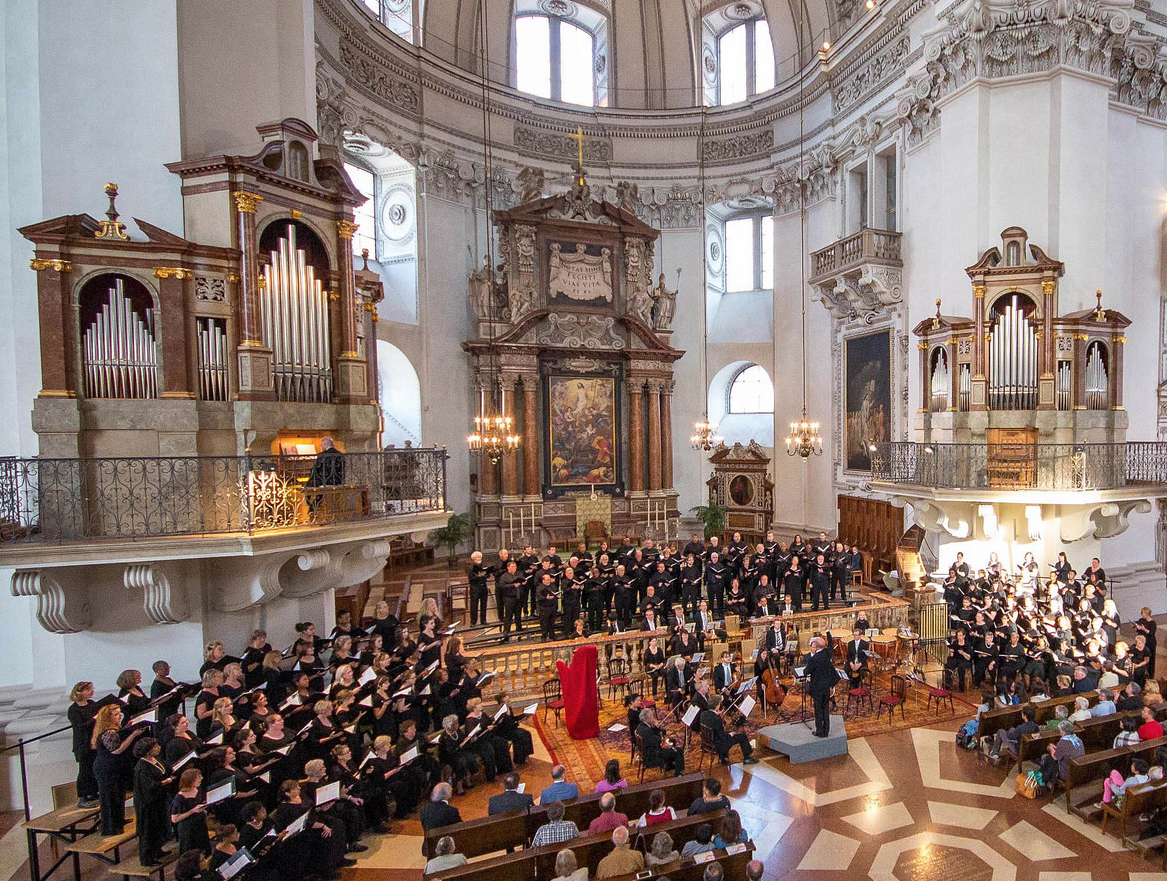Wholehearted Attention, Part 2:
The physical and creative demands of musical education require intense concentration, for both the students and the teacher. The type of concentration necessary may feel familiar to students active in dance and theater. These activities, like music, require consistent practice combined with a desire to excel. Any performance, in particular, musical performance, demands the wholehearted attention of the performer.
Have you ever been so enraptured during a concert (maybe it was your favorite rock concert, or even a classical ballet) that you forgot about everything else that was causing you stress and anxiety? Music has the power to completely sedate or empower its audience. This is because musicians develop their skills through fervent focus and commitment. This focus transforms into talent, which ultimately wins over audiences.
Without the structure of a traditional classroom, students of music can thrive through their dedication to music. But their creative energy must be reciprocated by the wholehearted attention of their teacher. Teachers can devote themselves to producing a synthesized, masterful performance that each individual student is proud to be a part of. Music practice becomes almost like a team sports practice, a place to unload your worries and communicate in an entirely new way. Students gain confidence and also make friends with common interests.
The students must comply with giving wholehearted attention to the music and their teacher for musical education to be effective. In an increasingly distracted age, teachers are often frustrated with getting fidgety groups of students to sit down and listen. Class periods are often short and students may only be in the course for a few months. Students would often rather listen to music on their phones than learn it for themselves.
However, that final musical performance is always worth classroom frustrations. Children crave moments to form a relationship with someone who wants to provide them with the opportunity. Spending a few moments after class talking about things like important figures in Baroque music is an amazing way to connect with students, and just one example of how music teachers impart their legacy.
The music classroom is still a place where the teacher and student can commit their wholehearted attention to each other and to the goal of creating a powerful, cooperative performance. Music teachers can inspire and encourage students in a way that education in other subjects doesn’t always allow for, while still contributing to the improvement of technical skills. Our schools have become increasingly more structured and our students more distracted, but the music classroom is a place for intense individual development if we take the time to pay attention to each other and to the music.
